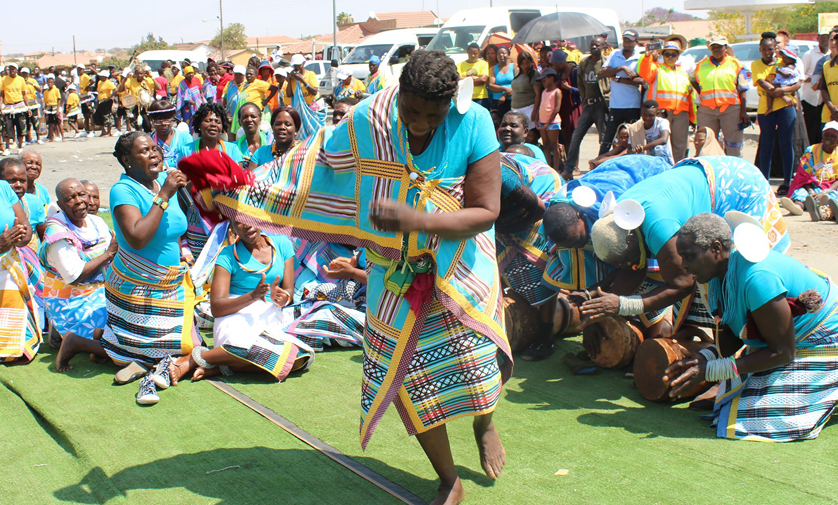As the number of vaccinated South Africans increases, so too does the opportunity for mass participation and competitive events, such as the Indigenous Games Festival, to commence.
The Chief Director for Communications at the Department of Sport, Arts and Culture, Mickey Modisane, says there is a possibility that the Indigenous Games Festival will be held this year.
The annual festival celebrates South Africa’s varied indigenous games, with approximately 2 800 participants from all provinces embracing the African Renaissance and popular cultural activities.
While the festival was previously held in Limpopo, provinces will now take turns to host it.
The festival sees nine provincial teams competing for four days, in nine codes, including kgati, morabaraba, ncuva, khokho, dibeke, Iintonga, diketo, jukskei and drie stokkies.
The top-two teams then participate in the World Sport for All Games, in Jakarta, Indonesia.
“Participating in the games depends on the Coronavirus Disease Disaster Management Act risk-adjusted levels, as per President Cyril Ramaphosa’s announcement, particularly with reference to opening of mass participation events. For this to happen, it will depend mainly on statistics of the pandemic outbreak, the recovery rate and vaccination growth,” says Modisane.
Participating in cultural activities
Zamile Nduli, a gym supervisor at the University of KwaZulu-Natal, encourages citizens to participate in cultural activities, that are suitable for small groups or families, to keep fit and strong.
“There are various benefits that all age groups can enjoy from playing games and exercising,” she says.
For children, the benefits include learning new skills, strengthening bones and muscles, reducing the risk of being overweight, creating a platform to make new friends and learning leadership skills.
For adults, participating in sport and games can reduce or prevent the development of chronic diseases, help with weight management, improve mental health, strengthen bones and muscles and promote psychological and cognitive well-being.
For the elderly, it decreases the risk of falling. slows down the physiological changes of ageing that impair exercise capacity, helps manage chronic diseases better, minimises the risk of physical disability, increases longevity and promotes psychological and cognitive well-being.



 Facebook
Facebook Twitter
Twitter WhatsApp
WhatsApp